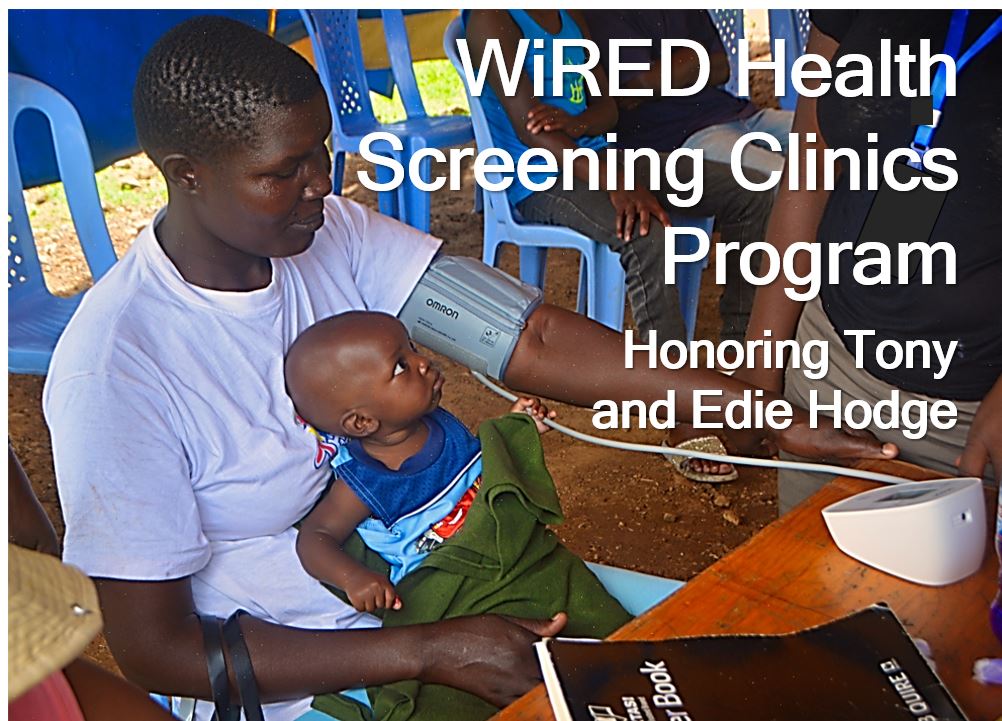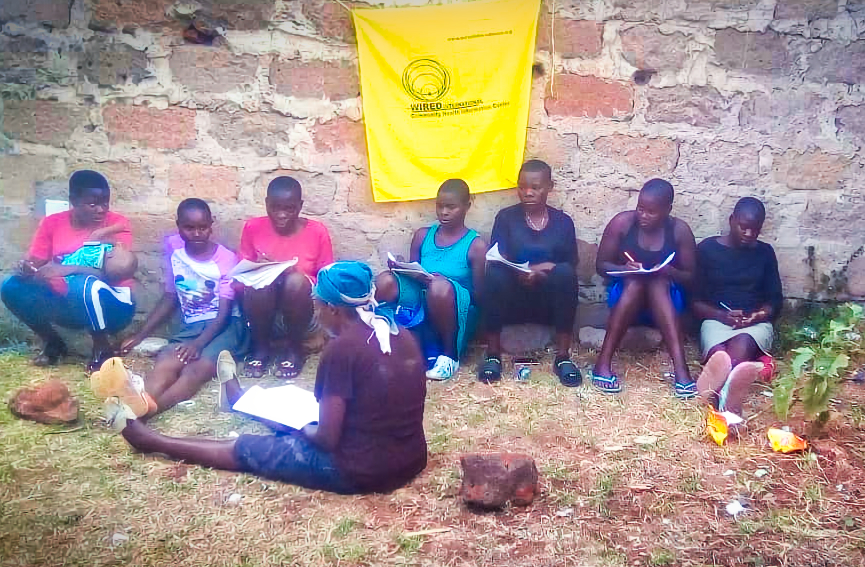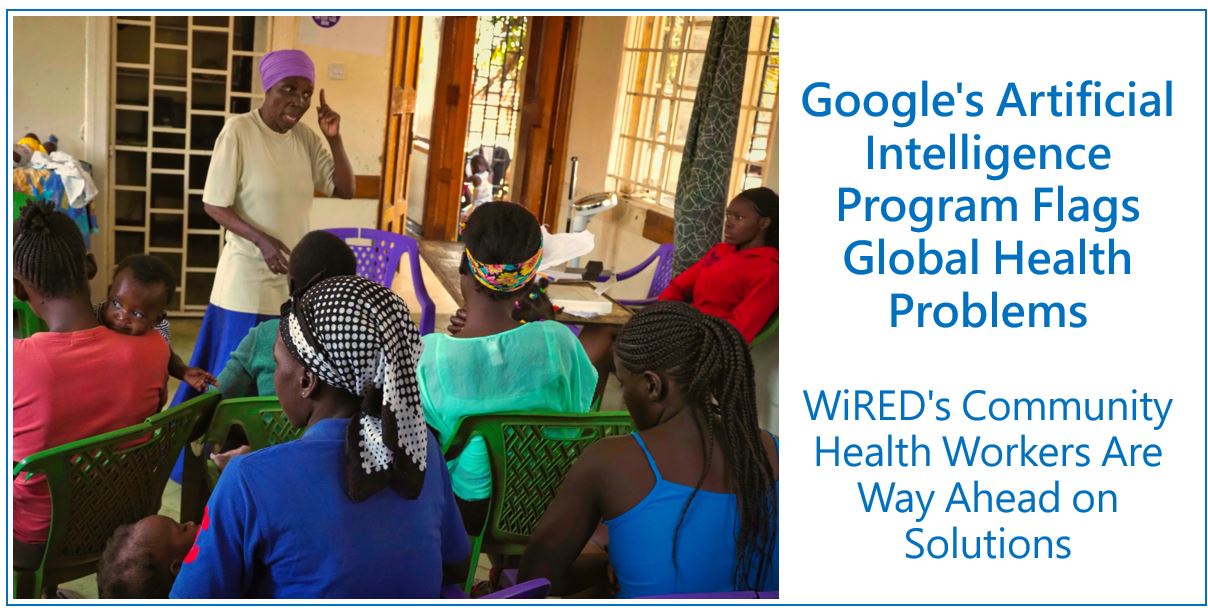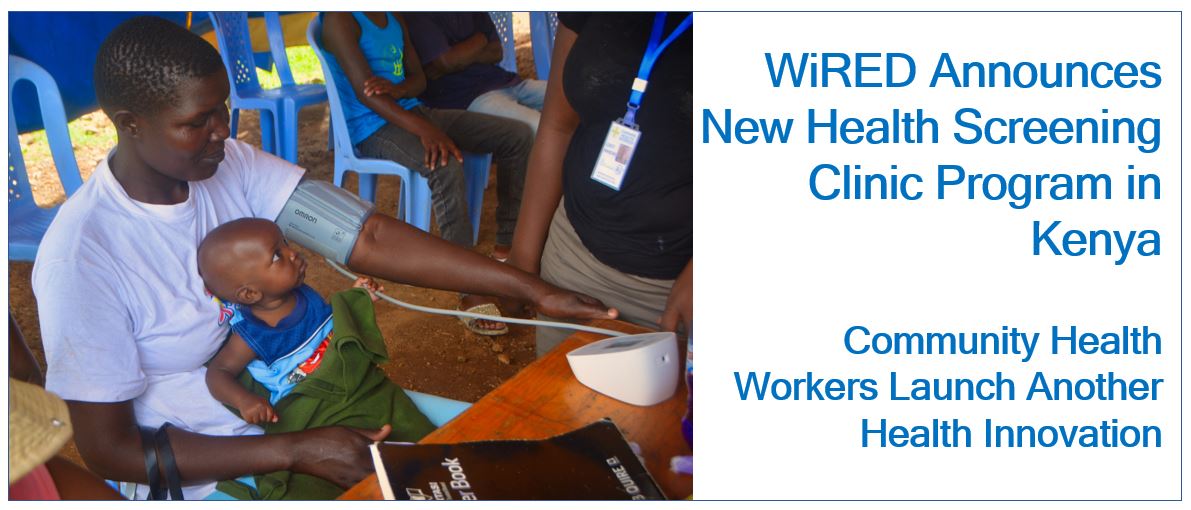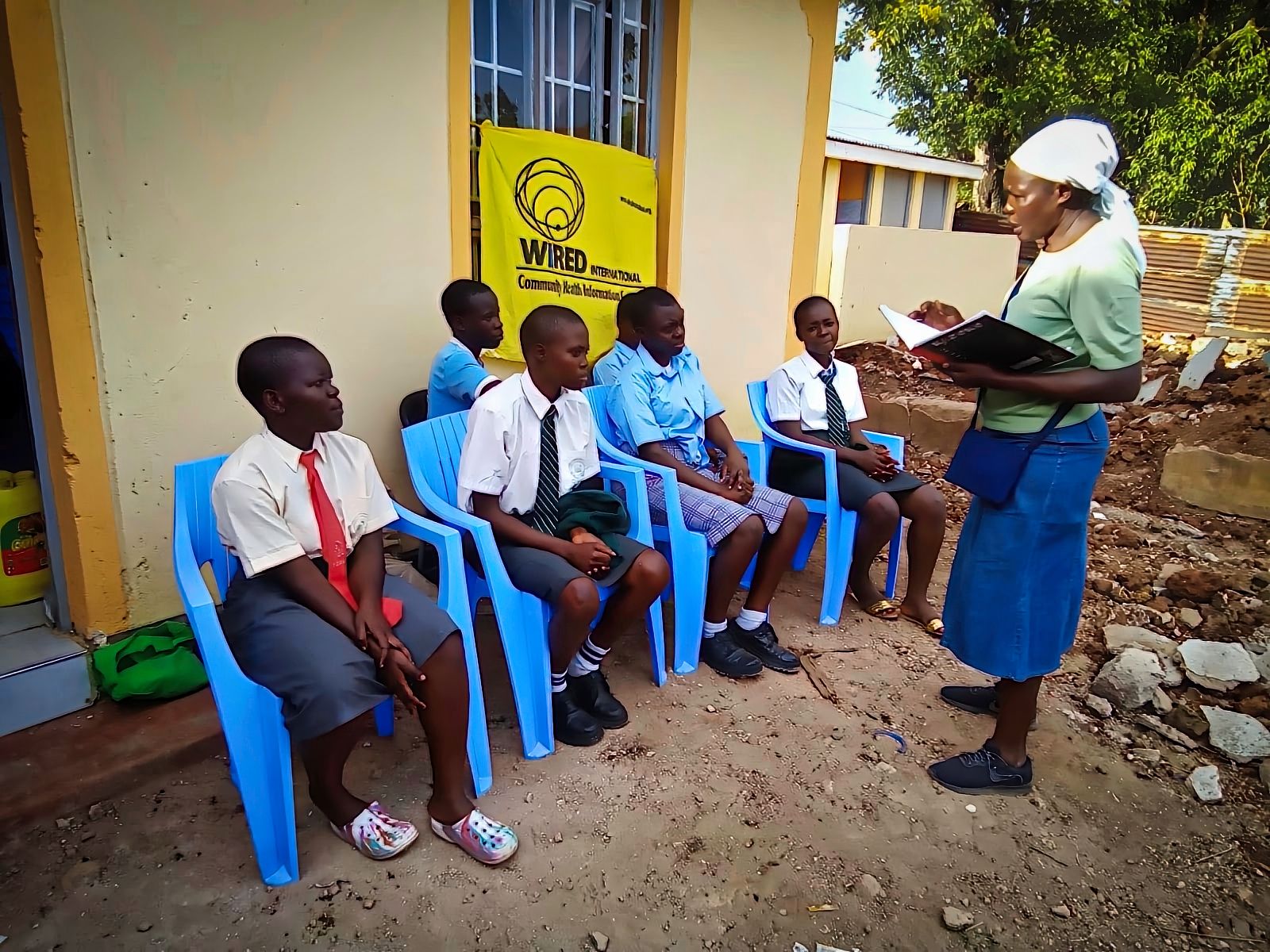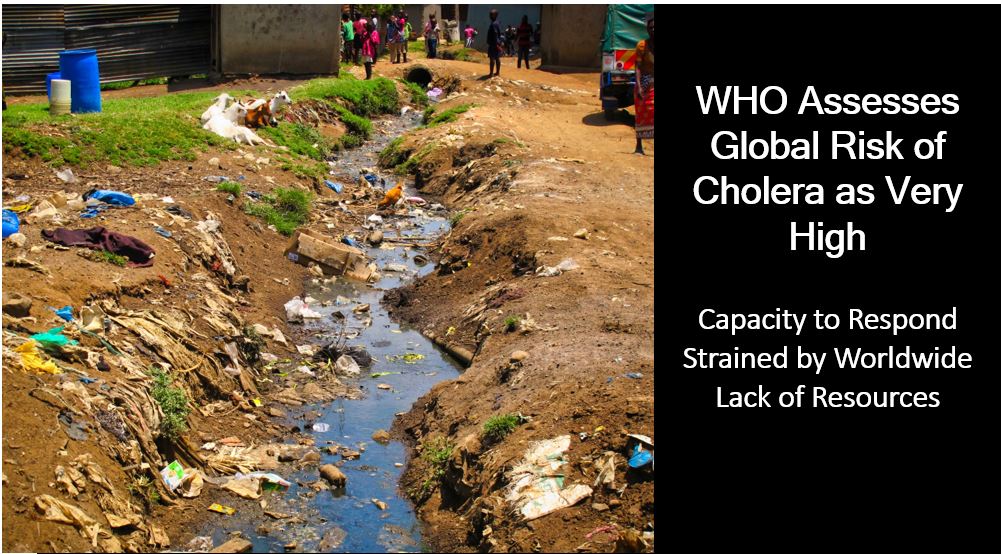HIV and TB Coinfections Are Increasing
Posted onTaken separately, HIV and tuberculosis (TB) rank as the world’s two most fatal diseases. But existing together, they pose an even deadlier threat. HIV weakens the immune system, increasing the risk of contracting TB, which can


